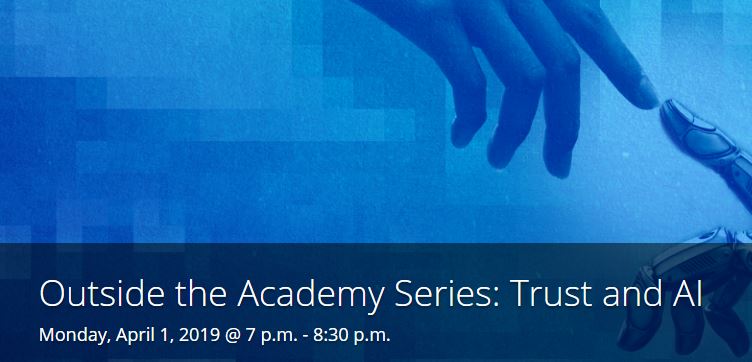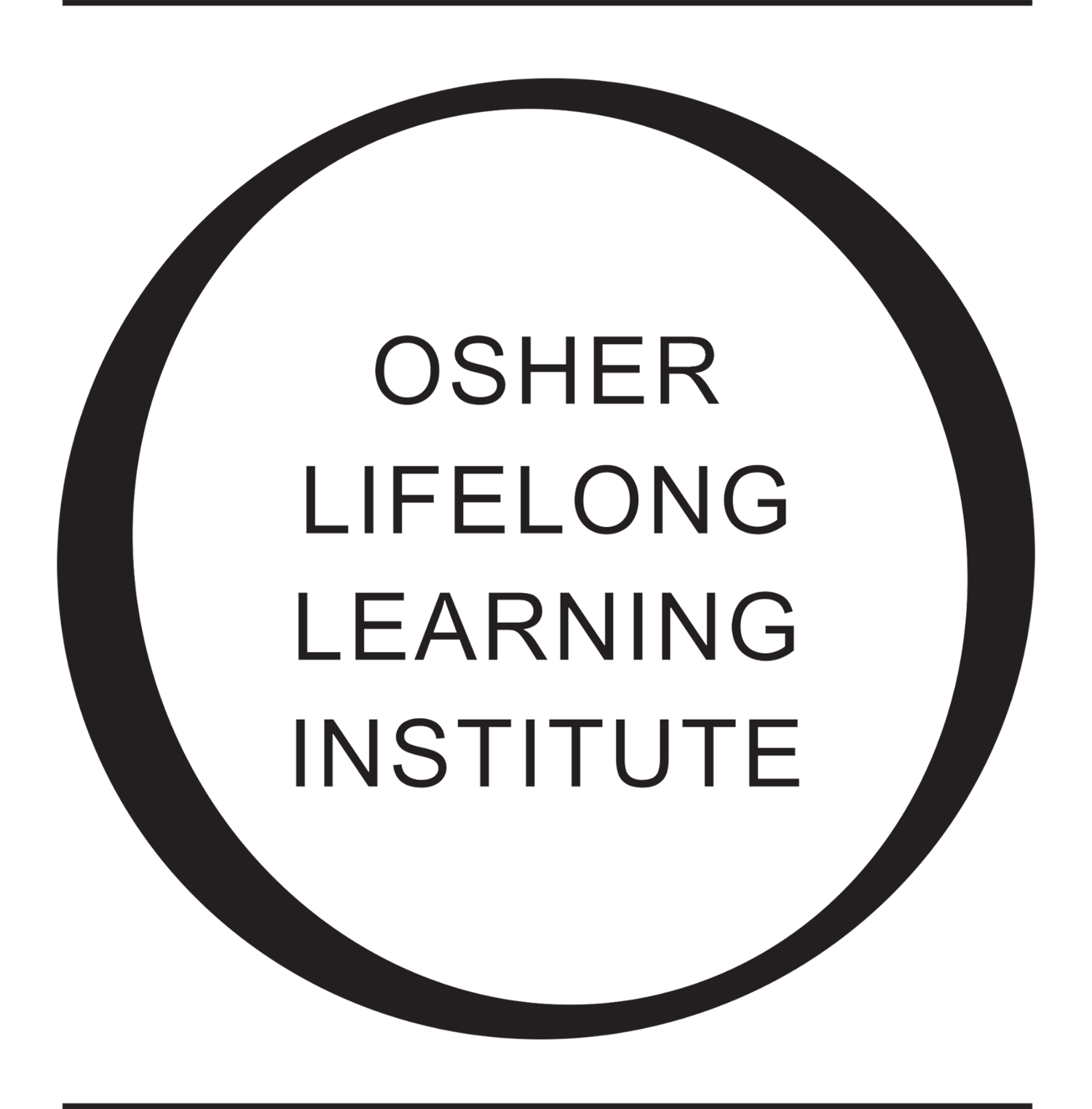
City of Asylum Lecture-Can We Trust AI?
Trust is central to human relationships. Yet artificial intelligence (AI) is posing an entirely new set of ethical challenges that affect human-human and human-machine interactions. Ultimately, the trust we afford AIs has the potential to alter the very fabric of our society.Three experts from Carnegie Mellon University—a worldwide leader in AI—will explore the intersection of trust and technology to help illuminate when we can, and should, trust our AIs.
Light refreshments will be served.
The Outside the Academy Lecture series provides a platform for academics to discuss their areas of passion & research in a public setting.
Featured Panelists:
- Henny Admoni is an assistant professor in CMU’s Robotics Institute, where she leads the Human and Robot Partners Lab. She uses principles from robotics, artificial intelligence, machine learning, computer vision, and cognitive science to investigate fundamental questions of human-robot interaction. She also builds intelligent robots that detect, interpret, and respond to human needs expressed through verbal and nonverbal behaviors.
- David Danks is L.L. Thurstone Professor of Philosophy & Psychology and Head of CMU’s Department of Philosophy. His research is at the intersection of philosophy, cognitive science, and machine learning, using ideas and frameworks from each to inform the others. A recent project examines how trust and identity are affected by technologies such as self-driving vehicles, autonomous weapons systems, and autonomous cyber-systems.
- Molly Wright Steenson is the K&L Gates Associate Professor in Ethics & Computational Technologies in the School of Design and the senior associate dean for research in CMU’s College of Fine Arts. Her work focuses on the intersection and implications of design, architecture, and artificial intelligence. Her recent book, Architectural Intelligence: How Designers and Architects Created the Digital Landscape, examines architecture’s interactions with computation, cybernetics, and AI.
